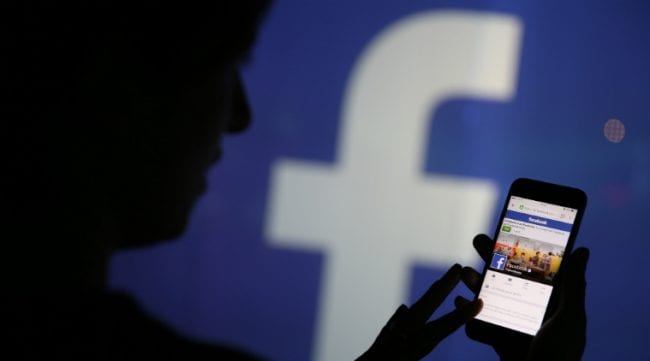Is Facebook Facial Recognition Invading Individual Privacy in Schools?
Facebook is set to launch tools for facial recognition in the European Union countries this year. The technology, Facebook claims, protects our personal images from strangers using them to impersonate us.
However, the interesting thing is that in 2012, regulators raised questions about the consent system for facial recognition. Facebook had deactivated this technology as a result.

Is Facebook Facial Recognition Invading Individual Privacy in Schools?
The move to reintroduce this service is part of an update of Facebook’s process for user permission in Europe.
How Does Facial Recognition Technology Work?
Facial recognition scans faces of unnamed individuals in videos or photos. It subsequently matches their facial pattern codes with those in a database containing information on named people.
It allows users to control the process of facial recognition. However, critics say that there is no ultimate control over it. Facebook actually scans faces in photos even though the setting for facial recognition may be turned off.
Facebook, however, claims in its counter-argument that the system analyzes faces in photos of users for checking if they match those who keep their setting for facial recognition turned on. Should the system fail to find a suitable match, it doesn’t identify an unknown face. Consequently, it deletes the facial data immediately.
In terms of Facebook’s handling of user consent, facial recognition technology faces opposition from the EU.
This General Data Protection Regulation stipulates that companies have to compulsorily obtain “freely given” and explicit consent. Otherwise, they cannot collect any sensitive information such as facial data.
Bold claims
Some Facebook critics even alleged that Facebook has made efforts to influence user consent improperly by trying to promote the technology as a tool for identity protection. Its notifying European users of their choice to turn on or off this service isn’t of much security value. Manipulating consent is highly illegal as per European law.
On top of this, Facebook is facing queries from Irish regulators on this technology and where it has its international HQ. The company is also facing a lawsuit filed by residents of Illinois on the ground that face recognition technology violates the state’s privacy laws.
Should Facebook lose this class action suit, it could end up paying millions in damages. An appeal, however, has delayed the trial. The order for class certification is currently under review.
Is Facial Recognition Technology Truly Worth It?
The reintroduction of this technology is subject to much debate, however. Facebook’s data-mining practices are being heavily scrutinized in Europe and the US, following the Cambridge Analytica fiasco.
Consumer and privacy groups are alleging that Facebook’s use of facial recognition technology violates people’s privacy because it does not take the right user consent.
Questions have also been raised on how this powerful technology ought to be handled. Afterall, it is used to identify people remotely by name and without their consent or knowledge.
Pro facial recognition technology proponents opine that it could be an effective high-tech tool to nail terrorists and other criminals. Civil rights advocates though warn that it could be a system for mass surveillance. It hence invades privacy illegally.
The Final Outcome
The arguments in favor of and against facial recognition technology continue to rage. Industry watchers opine that those against it weigh more heavily on the weighing scale as far as security and user consent are concerned.
This is more so after the Cambridge Analytica scandal that has severely tarnished Facebook’s image the world over and raised innumerable questions about the company’s credibility.
In fact, Facebook founder, Mark Zuckerberg even had to face a US Congressional hearing and admitted to the blunder the company had committed.
It could also result in security breaches in databases of schools. These databases contain information of students along with their individual photographs. This can result in stalking or even kidnapping and other illegal activities. It also would tend to give out sensitive information about those who prefer anonymity for personal reasons.
Moreover, child psychologists reckon that pervasive collecting and monitoring of sensitive info of school children tend to make perpetual suspects out of them.
Then there is also the risk of false matching which has recently been proved by testing Amazon’s Rekognition system.
This could be particularly dangerous for children. Their appearances tend to change as they keep growing and makes this technology’s accuracy all the more questionable.
False positives for students entering a school or engaging in daily activities could result in some very traumatic interactions with the law. Not to mention disciplinary action, loss of class time, and even criminal records.
The US Bureau of Criminal Investigation statistics show that photographs of the country’s colored population tend to overcrowd the databases of facial recognition systems.
The Pursuit is On
Colored students can get unjustly punished for misbehavior if the technology fails to make a correct match. This is despite the fact that efforts are on to improve the algorithms for facial recognition to correctly identify people’s faces.
Thus, for any system that is already poisoned by racism, faulty technology could only amplify it. Finally, the technology doesn’t mitigate the risk of identifying first-time offenders whose photographs don’t exist in police databases.





